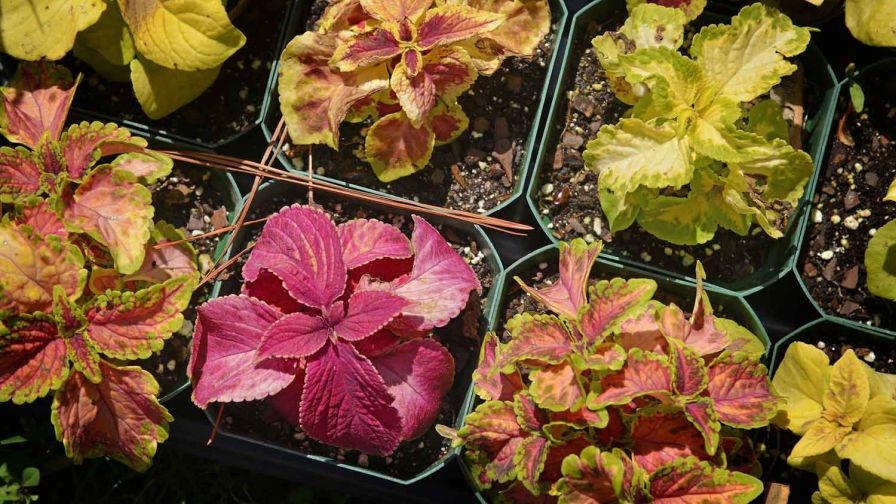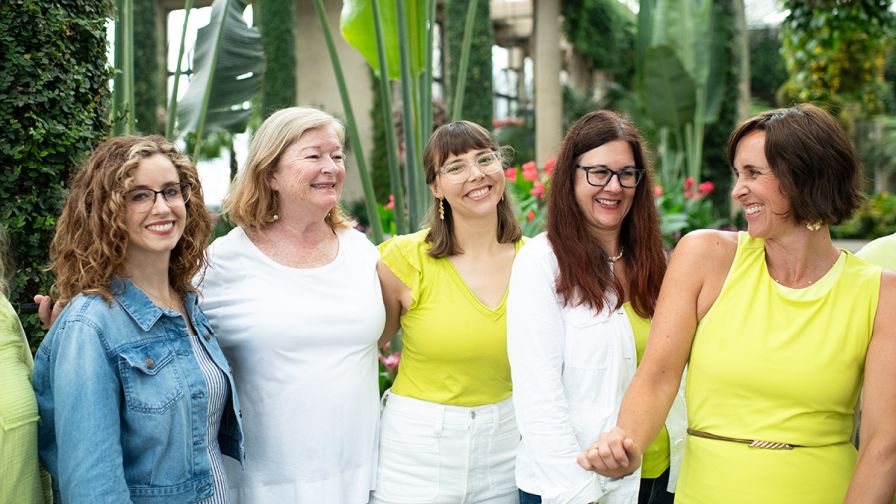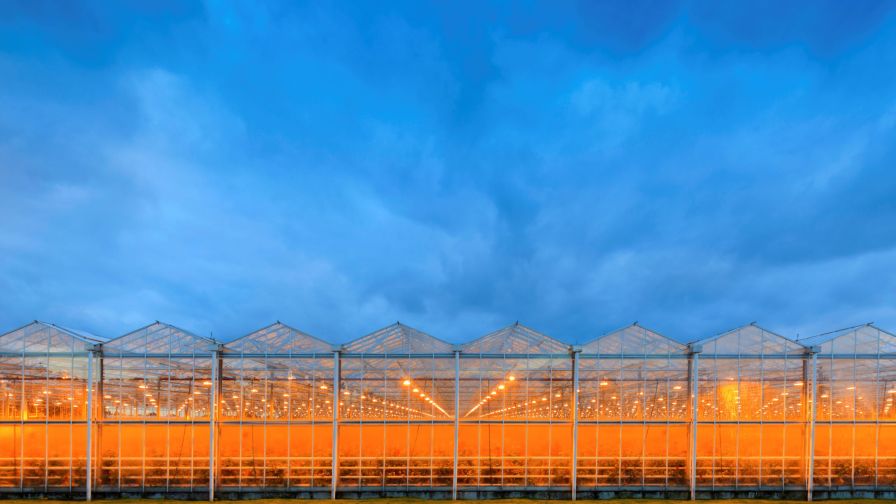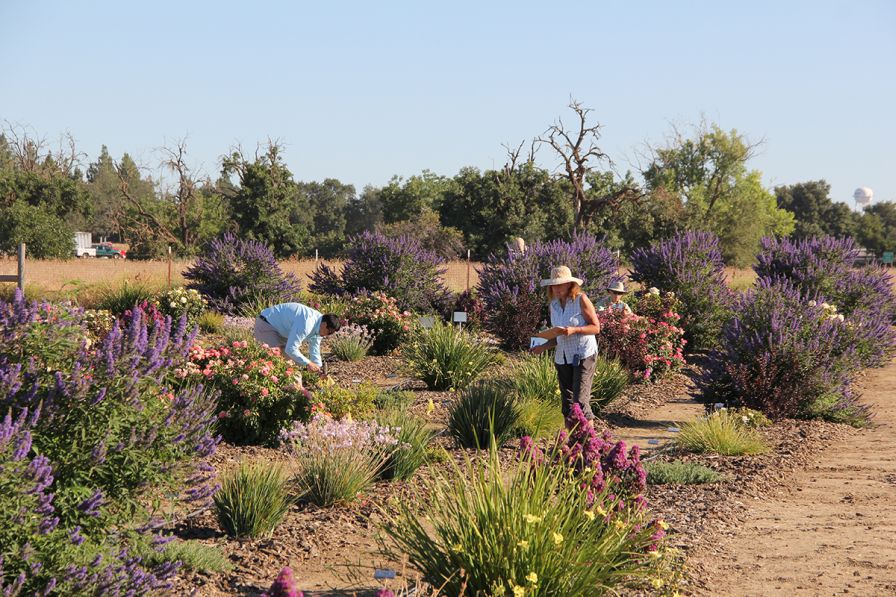How New App Helps Consumers Find Pollinator-Friendly Plants
Flo rida is home to more than 315 species of native wild bees, which thrive on flowers for survival. But some bees are in critical decline. While the public is increasingly interested in conserving pollinators and in pollinator-friendly gardening, a 2020 University of Florida (UF) survey showed a knowledge gap in consumers’ ability to identify a range of bee pollinators — the plants to which they’re attracted.
rida is home to more than 315 species of native wild bees, which thrive on flowers for survival. But some bees are in critical decline. While the public is increasingly interested in conserving pollinators and in pollinator-friendly gardening, a 2020 University of Florida (UF) survey showed a knowledge gap in consumers’ ability to identify a range of bee pollinators — the plants to which they’re attracted.
Knowing that, the Florida-Friendly Landscaping (FFL) program at UF developed an online and mobile app. The BeeGardens app helps the public identify bees and bee-friendly plants in their yards.
The app was designed to help the public quickly access information about more than 85 bee-friendly plants, which attract 12 types of bees. The app also gives tips on how to incorporate these plants into landscapes.
“The app was built for the homeowner using the FFL plant database, to raise awareness of how landscapes can be designed to support bees year-round. “It is similar to the FFL butterfly app, but this one is specifically for bees,” said Sandra Wilson, a UF/IFAS professor of environmental horticulture and lead author of a new study on the app’s effectiveness in student learning.
Since it was launched, the BeeGardens app has averaged more than 1,200 unique visits per month, revealing its popularity and wide use. That’s 22,673 unique users from across Florida and beyond, Wilson said.
Despite all those online users, Wilson wanted to explore how the app can improve students’ confidence in identifying bees and pollinator-friendly plants. To do the study, faculty were awarded a UF/IFAS College of Agricultural and Life Sciences grant for distance education improvement.
For this project, Wilson tested undergraduate students in two classes within the department of environmental horticulture in 2021 and 2022. In the classes — Annual and Perennial Gardening and Florida Native Landscaping – students increased their ability to identify bees and pollinator-friendly plants.
That’s good news for those trying to increase pollinators in landscapes. A recent ASK IFAS document showed lots of people want to plant a pollinator-friendly landscape, but fewer actually do so.
“These findings should further boost the public’s confidence in picking pollinator-friendly plants for their landscape, using the BeeGardens app,” Wilson said. “The more pollinators we have, the better we can support our native biodiversity and food systems.”








